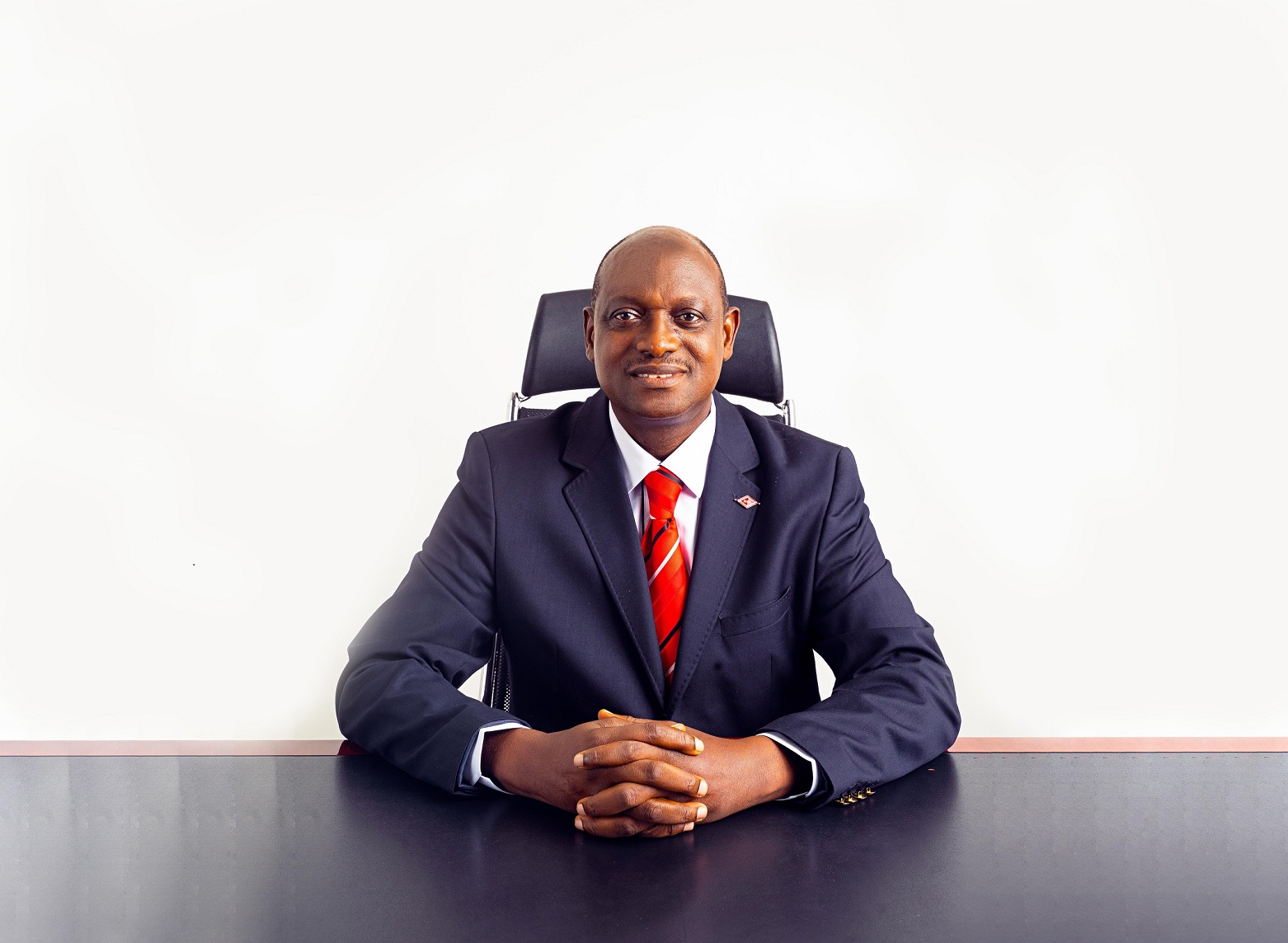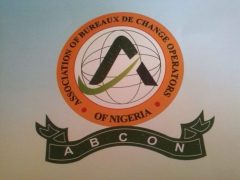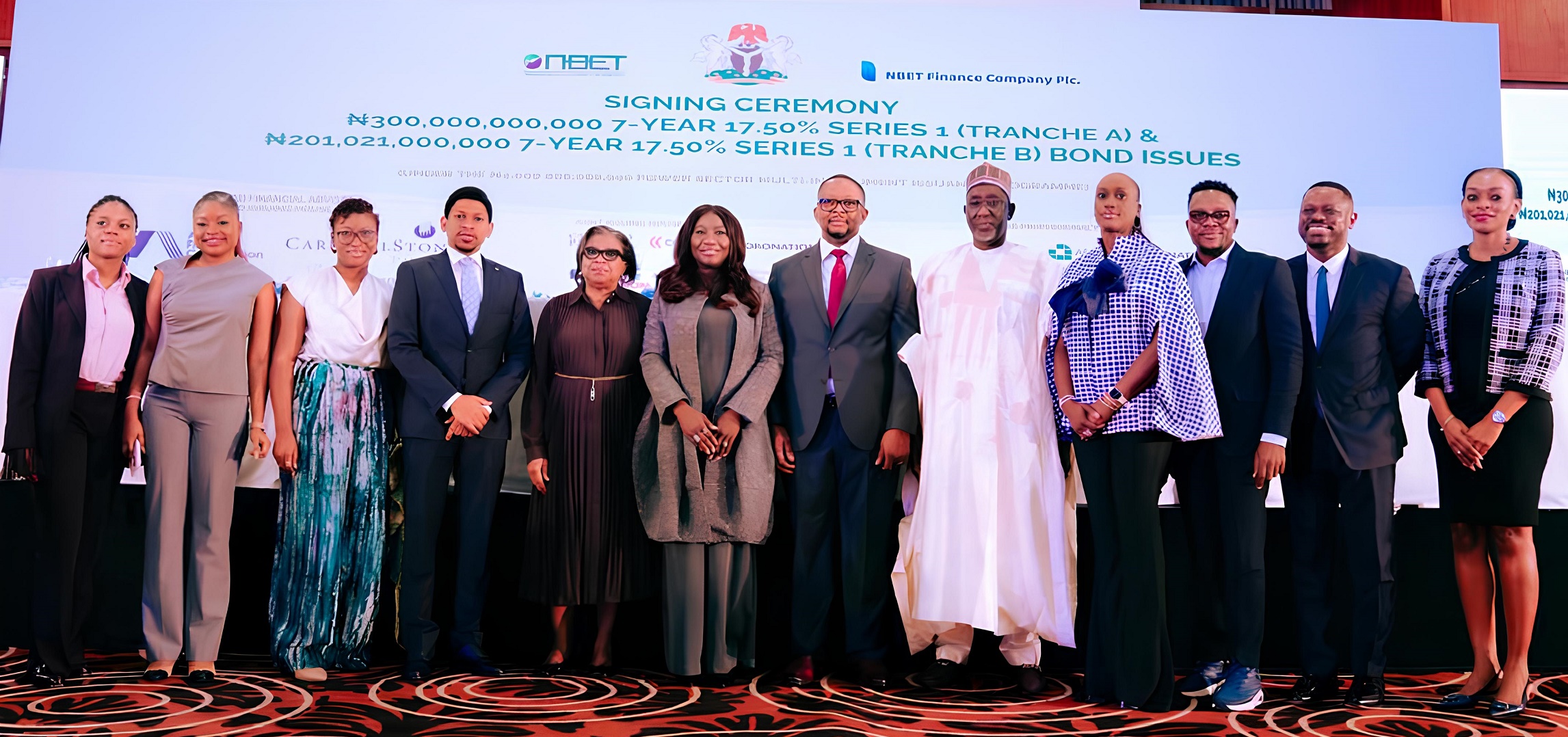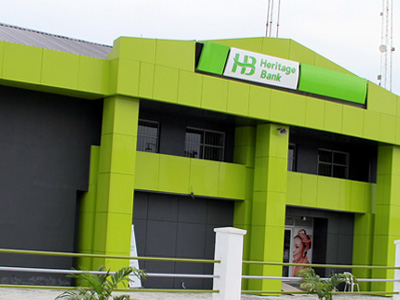
The Managing Director, Sunu Assurances Plc, Samuel Ogbodu, on Friday in Lagos, said the Nigerian insurance industry can perform significantly better than it is doing today if government implements some policies capable of turning the industry and enable it take its rightful place in the economy.
One of these, he said, is the property insurance segment beginning with prime corridors of major cities across the country like Victoria Island, Lekki, Ikoyi and Ikeja in Lagos, and Maitama district in Abuja, among others.
Ogbodu, who spoke at the Quarterly Forum of the Capital Market Correspondents Association of Nigeria (CAMCAN), with the theme: “Deepening insurance penetration through effective broker engagement,” stressed: “If you look at some estates in Lekki, Ikoyi and Victoria Island alone, securing policies for them would amount to over N500bn, and when you consider houses across the country, it will be over N1tr.”
This amount, he said, is more than double the N400bn total industry premium.
This and various other efforts, he believes would boost the insurance sector contribution to Gross Domestic Product (GDP) beyond the present 0.1% level to about 1% with the proper implementation of the new capital base.
He commended the National Insurance Commission (NAICOM) for increasing the minimum capital requirements for operators in the industry, which he believes, would enhance recovery, ensure stronger players and give birth to a more vibrant industry able to take large ticket transactions, rather than serving as agents to foreign underwriters.
According to the circular by NAICOM, life insurance companies’ capital was raised from N2bn to N8bn, general companies got a raise from N3bn to N10bn, while composite insurance companies’ capital was raised from N5bn to N18bn. The capital base for reinsurance companies was increased from N10bn to N20bn, before the June 30, 2020 deadline.
Ogbodu, however, lamented the dearth of business that can enable the fresh capital to generate commensurate income and returns for shareholders.
For him, “with N3bn capital should generate between N7.5bn and N9bn revenue, but there is no business”
He challenged the government and its agencies to lead by example by insuring its properties, and taking life assurance of its workers seriously, so as to whip private sector operators into line. He also spoke of the need for Nigerians to embrace travel insurance, among others, all of which would enable insurers to generate more revenue, create and sustain more employment, pay tax for the good of the entire economy.
Also speaking at the event, Karim Dione, executive director, Strategy and Performance, said the company has come to stay in Nigeria, and currently boasts of N7bn capital base, as against the new N10bn requirement.
He assured of the readiness of Sunu Assurances to comply with the new requirement but awaits some clarifications from the regulator.
He agreed on the need for industry players to have profitable businesses, adding that the potential in Nigeria in terms of size, potential, and resources was enormous for the Sunu Group ready to meet the new capital base.
“SUNU is here to stay because Nigeria is the real market in Africa in size, potential, resources, and population,” Dione said.
Also speaking at the event, Sina Elusakin, chief executive of GRS Insurance Brokers blamed part of the problem of the industry since the last recapitalization exercise on the devaluation of the Naira, just as he lamented the abject poverty and the country’s level of unemployment.
Although a large population offers a large market, it becomes a problem in itself, “if the majority of the populace is in abject poverty. Most Nigerians do not have disposable income.”
Government and its agencies are a major problem to the industry, he continued, as they mostly default in payment of premium, warning that “if we raise capital and business does not come, we have failed.”
Elusakin challenged the government to live up to its responsibility, he stressed, lamenting a situation where some insurers price themselves cheap just to win business, following which industry players hardly generate enough income.
Another challenge in the industry, he continued, is that while regulators of the banking industry come to the aid of banks when there is a problem, NAICOM does not come to the aid of insurers, even as he spoke of the need to strengthen the National Insurers Association (NIA).
Agreeing on the need for industry recapitalization, he said: “We must strengthen ourselves to (enable us) satisfy shareholders and pay claims” when they fall due.
Ladi Oyekan, YOA Insurance brokers while responding to some issues raised, said the eminent low disposable income in the country continues to hamper insurance penetration.
He spoke of plans by the industry for monthly premium payment thereby making premium payment easier for policyholders, while in the process further driving financial inclusion.
For Femi Ojeremi of Farble Insurance Brokers, the problem of the nation’s insurance industry is that Nigerians getting immediate gains whenever they are parting with money, a situation which is at variance with the tenets of insurance.
Another problem, he added, is the failure by many to set their priorities.
“Nigerians are wasteful in things that are irrelevant… Many people have multiple phones and recharge them with an average of N60,000 annually, but they will not pay N5,000 insurance premium annually to protect or cover their lives,” Ojeremi said.











